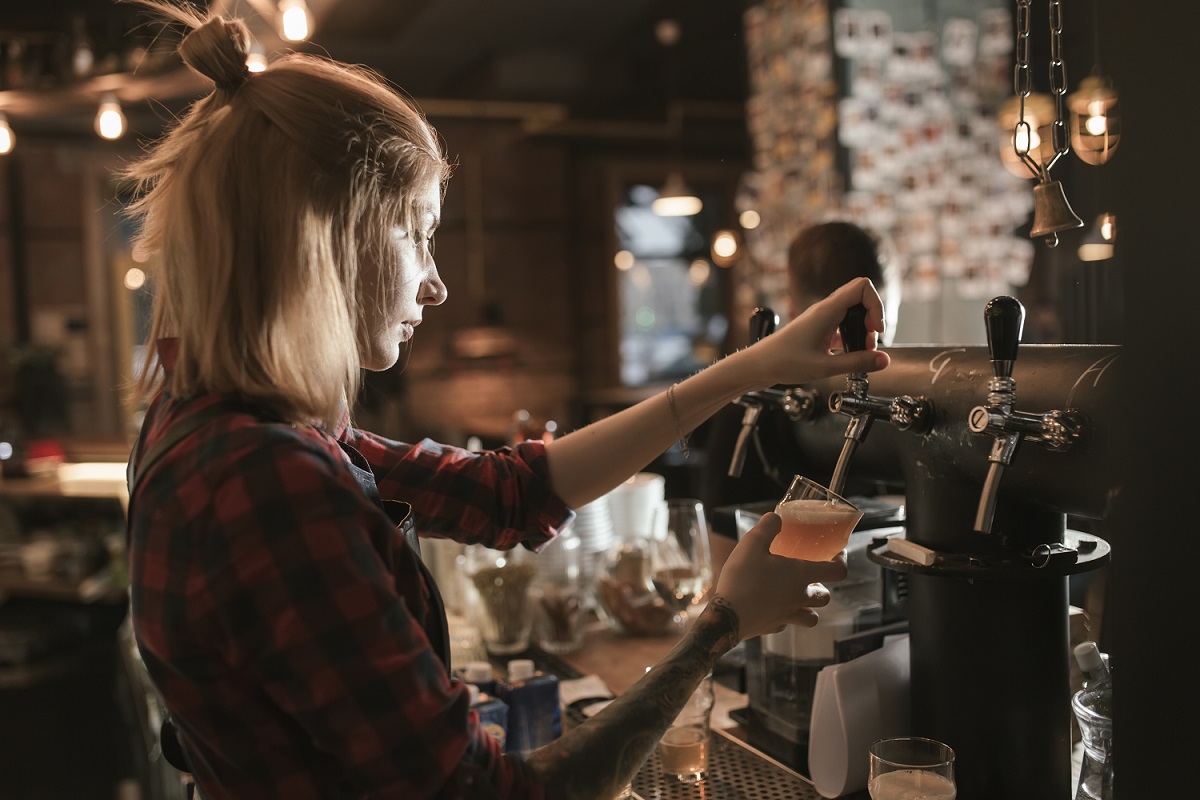The Australian Hotels Association and Tourism Accommodation Australia have once again called on the Federal Government to offer targeted temporary assistance to support the hospitality, tourism and accommodation sectors in a post-JobKeeper environment.
The AHA said it has written to Prime Minister Scott Morrison to outline just how dire the situation is for the sectors, and asking for the National Cabinet to urgently consider assistance.
“There’s no doubt the end of JobKeeper will create unnecessary hardship for those businesses upon which governments have imposed temporary, targeted restrictions to limit the gathering and movement of people to help save Australian lives,” AHA CEO Stephen Ferguson said.
“We understand the government restrictions are in place to keep Australians safe and we are proud of the role we have played. But the fact remains that while keeping us all safe, these limitations come at tremendous cost to business owners and workers – costs which will continue after the temporary assistance measures like JobKeeper end.
“Given the vaccine rollout is predicted to be completed in about six months, what we are asking for are targeted, temporary measures of support. It is vital in the intervening period our businesses survive and be able to retain their skilled employees so we are there on the other side of the pandemic – now is not the time to pull the drawbridge up on those still on the road to recovery.”
Ferguson said the AHA was asking for:
Businesses whose activities are directly limited by public health orders, and whose gross revenue has been less than 70 per cent over the last four consecutive quarters compared to the prior year, to receive a cash boost payment equivalent to the PAYG tax withheld from wages for all employees. Or alternatively, receive $500 per (full time equivalent) employee per week.
For the Commonwealth to work with state and territory governments to individually consider further relief packages including tourism, hospitality and accommodation vouchers, but also direct relief aimed at issues including land tax, payroll tax etc. Using NSW as an example, it doesn’t make sense a business which has 50 per cent capacity due to a Government order still pays 100 per cent land tax and council rates. In Victoria, businesses are still restricted to having no more than 75 per cent of their employees back in the workplace.
Tourism Accommodation Australia CEO Michael Johnson also said accommodation hotels in the major CBDs in particular were desperate for help until the vaccine rollout was complete.
“Hotels in the major CBDs of Sydney and Melbourne have occupancy rates below 35% and are really struggling to retain skilled staff,” Johnson said.
“Results of a recent TAA member survey of accommodation hotels in Sydney painted a bleak picture – a quarter of employees have been let go whilst another 15 per cent are expected to be made redundant post-JobKeeper due to the on-going low occupancy rates.
“The Government has closed our international borders and put in place a range of restrictions. With no international visitors, cruise business, conferences or events for the foreseeable future these hotels need all the assistance they can get if they are going to be there when the pandemic ends.”
Ferguson said a recent ABS report, drawing on the Tax Office’s single-touch payroll system over the week to 27 February, showed there were still 110,000, or 12 per cent, fewer pay-rolled employees in hotels, restaurants and cafes than before the pandemic hit early last year. The ABS also reported that only two in three hospitality jobs had been re-gained by the end of last month.

